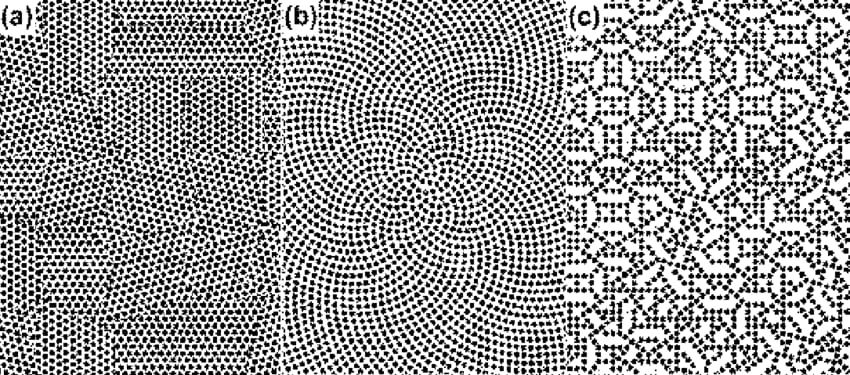Blueprint + Blueprint = Behave

I just read three fascinating reading that talk about how people become who they are.
The ideas in each are massive, but I will attempt to summarize.
Christakis’ book says that our human biology is shaping our cultures, which in turn shape our biology.
Plomin’s book says environment matters, but it doesn’t make a difference (compared to genes).
And Sapolsky’s book says we cannot talk about what genes do without talking about their environment.
I wrote about Behave here >, and I emerged from reading that book with an abundance of positivity.
Christakis imparted a feeling of positivity, but one that felt empty to me. And the end ultimately lead me back to a sense of better and worse, with its talk of how societies are shaped by cultures, which in turn shape genetics, which in turn shape cultures.
Plomin’s book (the other Blueprint) went far too hard in the direction of genetics, and frequently had me confused. It’s not that I could dobut him and his data, because I don’t have the expertise to do so. It’s that what he was saying was not self-consistent.
He would say things like, "this matters but doesn’t make a difference." Well, to some people that’s what "mattering" means. He’d also say things like—and I’m not quoting here—
Even the environmental things turned out to be genetic.
But would then go on to say that only 50% of so-and-so was heritable.
But wait…which parts are and are not heritable? Are you saying that the non-heritable 50% is also genetic? That can’t be true because then it would be heritable.
So it seems like even his more forceful data—of say 50% of something important being heritable—still left another 50% on the table for environmental influence.
Yet if that were true then we’d be landing squarely on Behave, by Sapolsky.
That book was just fantastic, and like I said above, it is also the most optimistic while being honest as well.
It basically said—yes—genes matter a lot. But environment is what makes them matter.
So you don’t really know what your true potential is unless you know your genetic potential and maximize every single environmental variable you can in order to manifest that potential.
And we don’t know what those environmental factors even are. Not perfectly anyway.
This leaves so much room for wonder and freedom and pure, raw effort.
Looking at all three
What I see when I look at all three is a unified story.
Genes matter a lot. And it could be interesting, or fun, or useful—in many situations—to look at one’s genes. You could find out that you could be really good at something, or really bad at something, or that you should avoid certain things in life.
But even then the data you get from polygenic scores (once they become available) are still just probabilistic spectrums. They don’t predict anything. They just give you an idea of what might be.
That uncertainty manifests two different ways. First, when you get a score (like 85% for educational achievement), it doesn’t actually mean you have an 85. It means you’re likely to have an 85, but could also have a 55 or a 92. And second, even if you have a 55 or a 92, those don’t determine anything. They too are just chances of doing well that still have to interact with reality.
And that’s without the knowledge of how that will be activated by real life. By your friends and parents and peers, and by where you grew up and under what conditions.
So we end up with a few key points.
Polygenic scores are just probabilities.
The probabilities are just ranges around your score.
You still won’t know exactly what score you have.
Even if you did, you still wouldn’t know how much of that score was activated by the environment.
We lack a clear picture of all three components: the scores, the environmental variables, and how each is affecting the other.
So, no matter what, we end up at the same place.
Maybe learn more about yourself. Maybe. If that interests you. But if it’s negative, don’t read too much into it. It’s only part of the equation.
And if it’s positive, don’t think that actually buys you anything. It’s like kids that are told they’re geniuses as kids. Many end up doing very little with their lives.
Either way the best approach might be to pretend you know nothing. Or pretend you’re a blank slate with the potential of a god.
Commit to learning every single factor that you can control. Diet. Exercise. Education. Etc. And figure out how to maximize those. Maximize your effort. Focus on the grind. Focus on grit.
Maybe you are talented with those things. Maybe you’re not. It doesn’t matter.
All you can do is be your absolute best, and nobody—including the authors of these reading—knows what that is.
Just go be that.